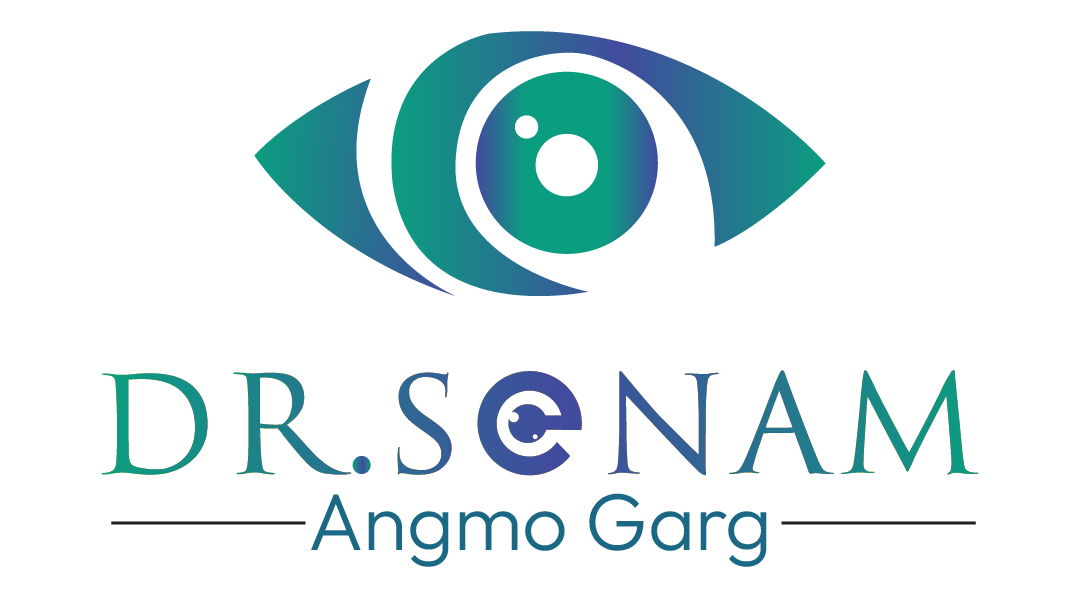A visit to an eye specialist can be more effective when you come prepared. Whether it’s a routine check-up or addressing a specific issue, having relevant information ready can help your doctor provide better care.
Steps to Prepare:
1. List Your Symptoms
Write down any vision changes, discomfort, or eye-related concerns. Note when they started and if anything makes them better or worse.
2. Gather Medical History
Inform your doctor about existing medical conditions, past eye surgeries, or family history of eye diseases such as glaucoma or macular degeneration.
3. Bring Your Current Eyewear
If you wear glasses or contact lenses, bring them to the appointment. This helps assess whether your prescription needs an update.
4. List Medications
Certain medications can affect vision. Provide a list of any prescription or over-the-counter drugs you’re taking.
5. Prepare Questions
Write down any questions you have, such as:
- Do I need to change my eyeglass prescription?
- What can I do to prevent eye strain? Are there lifestyle
- changes that can improve my eye health?
6. Arrange Transportation if Necessary
If you’re having a dilated eye exam, your vision may be temporarily blurry. Consider arranging for someone to drive you home.
Conclusion
Being well-prepared for your eye specialist visit ensures that you get the most out of your appointment. By listing symptoms, gathering medical history, and preparing questions, you can help your doctor make a more accurate diagnosis and treatment plan. Proactive eye care leads to better vision and overall eye health, making regular consultations a key part of maintaining long-term well-being.
